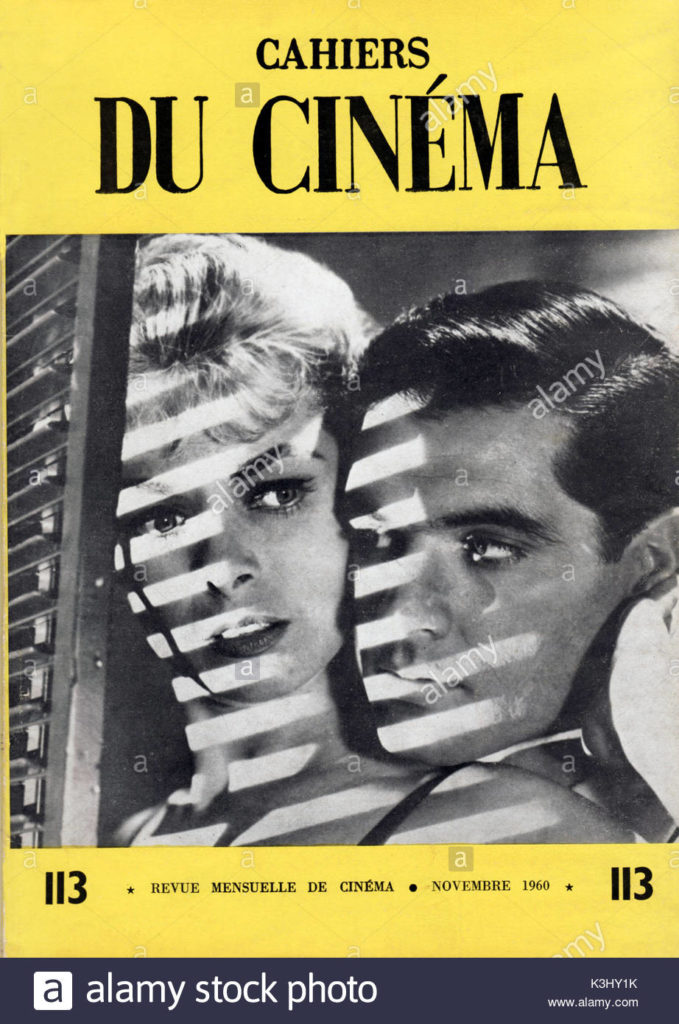Cinema and Art

I find Martin Scorsese’s and Francis Ford Coppola’s comments on the Marvel Cinematic Universe very interesting, even though I’ve never seen any MCU films and know nothing about comics in general.
Being a law professor, this makes me especially well qualified to opine on the matter, although it would of course be preferable if I were employed by Yale.
“I don’t see them. I tried, you know? But that’s not cinema. Honestly, the closest I can think of them, as well made as they are, with actors doing the best they can under the circumstances, is theme parks. It isn’t the cinema of human beings trying to convey emotional, psychological experiences to another human being,” Scorsese told Empire. . .
“When Martin Scorsese says that the Marvel pictures are not cinema, he’s right because we expect to learn something from cinema, we expect to gain something, some enlightenment, some knowledge, some inspiration. I don’t know that anyone gets anything out of seeing the same movie over and over again,” Coppola told Agence-France Press, adding: “Martin was kind when he said it’s not cinema. He didn’t say it’s despicable, which I just say it is.”
When Coppola used the word “despicable,” it reminded me of the famous scene from Patton, in which Patton slaps a soldier he believes is a cowardly shirker, and subsequently receives an official reprimand from Eisenhower. After he gets the reprimand, he engages in some narcissistic whining about it to Omar Bradley:
Bradley: You wanted to see me, George?
Patton: Got a letter here from Ike. I was rereading Caesar's Commentaries last night. In battle, Caesar wore a red robe to distinguish him from his men. I was struck by that fact because . . . (Pauses)
"Despicable." First time anybody's ever applied that word to me.
It was only after I looked up this scene in order to quote it that I remembered that Coppola wrote Patton’s script. Speaking of whining narcissists, a few months ago I noted, in the context of arguments over whether impeachment would hurt or help Trump, that the film’s famous opening speech, in which George C. Scott delivers a stirring fascistic ode to America as a land that loves winners and will not tolerate losers, is a sort of highly aestheticized precursor of Trump’s whole MAGA schtick.
I seem to be getting off topic here. Damn you Donald Trump. God damn you straight to Hell!
Anyway . . . cinema.
These sorts of debates always seem to devolve immediately into a perverse linguistic squabble, in which X says Y isn’t (art, literature, music, cinema etc.) and lots of people reply well of course it is, how can you say this movie isn’t a movie?
This reminds me of the Philip Roth novel in which Zuckerman the novelist decides in midlife to become an obstetrician. His explanation is twofold:
(1) Nobody ever runs out of the cockpit asking if there’s a novelist onboard.
(2) No one ever says after you deliver a baby, “You call that a baby? That’s not a baby.”
For some reason I keep getting sidetracked, but what interests me here is not some linguistically sterile debate, but rather the real underlying claim being made by people like Scorsese and Coppola, which is that certain films are genuinely art, and others aren’t.
Of course this just kicks the definitional battle up to a more abstract level (What is Art?).
Since I haven’t seen any of the MCU films I can’t use them, so I’ll use a couple other examples.
Is, say, the original Star Wars film art? Well it’s surely a kind of art, so our more abstract question then becomes, at least implicitly, is it good art? So then we can argue about what “good” really means in this context.
I mean it’s certainly “good” in certain senses: it’s entertaining, memorable, profitable for its makers, and so forth. But is it “good” in the sense that, say, Apocalypse Now is good? (A contemporaneous action film in which Harrison Ford also appears, as Lt. G. Lucas. That’s an inside cinematic joke apparently).
I would say obviously not, although “obviously” would require a lot of explanation. And that’s the sense of “good” that Scorsese and Coppola are obviously referencing here.
I also think it’s desirable to avoid and deplore both snobbery and reverse snobbery. I enjoy the Chaconne from Bach’s Partita No. 2 and I also enjoy Carl Douglas’s original version of Kung Fu Fighting. I believe it’s better to be able to enjoy more things than fewer, while at the same time not confusing the virtues of one kind of aesthetic experience for those of another, very different kind.
So I suppose I both agree and disagree with these two great artists about the nature of the art form to which they both have contributed so much.
